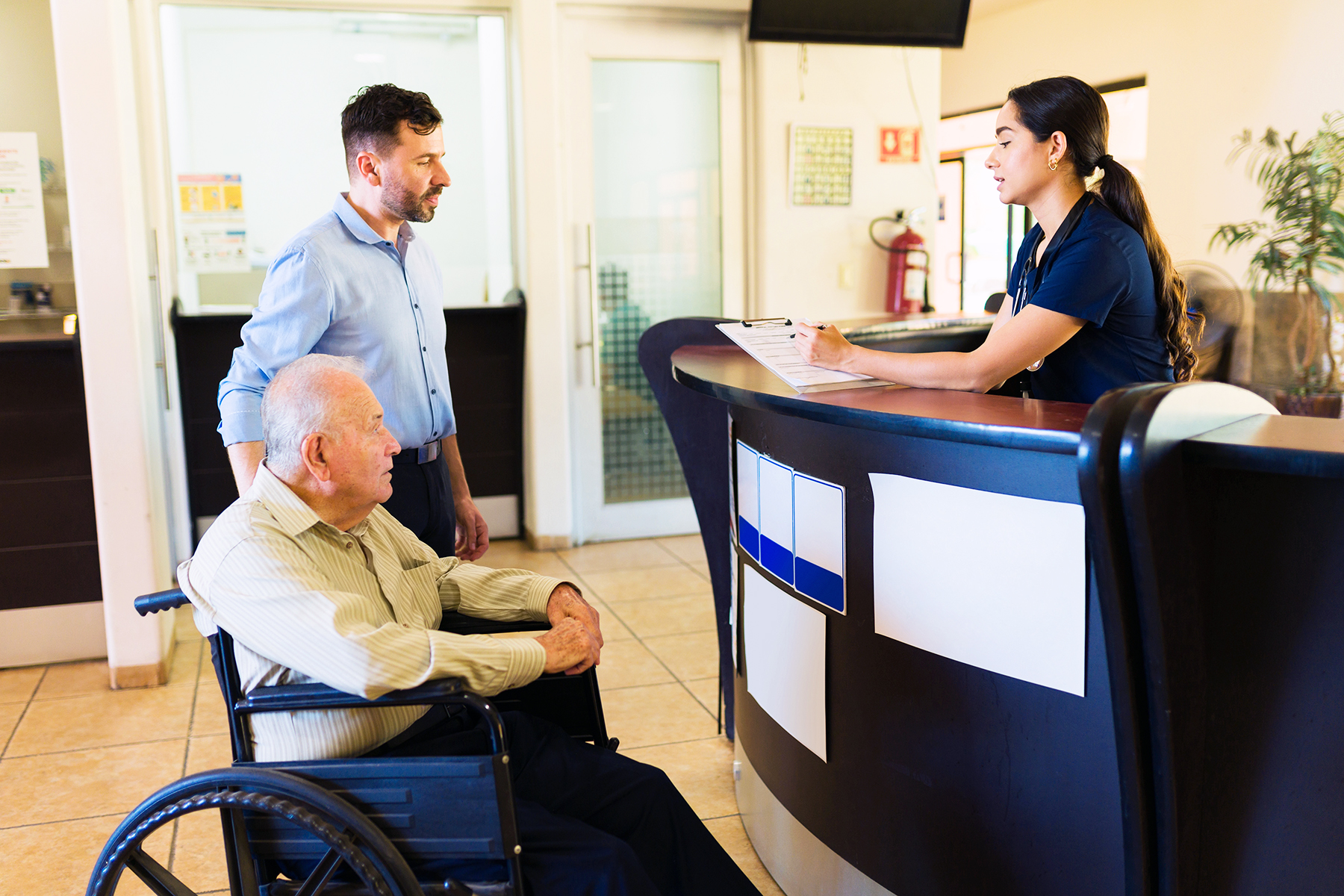
I visit dozens of facilities in Minnesota and I am always amazed at the facilities that are not tracking and monitoring their MA/Private Pay case mix reimbursement as well as their Medicare/Insurance reimbursement. The MDS assessment is your invoice for getting paid and unless you are occasionally checking the coding of your “invoices” you might be losing out on significant revenue.
> Ensure the staff are trained and understand what specific diseases, conditions, treatments and activities of daily living (ADL) support count toward reimbursement.
> The interdisciplinary team should meet 2 weeks prior to the MDS due date to ensure:
• The provider has documented the active diagnosis that are coded on the MDS in the past 60 days
• ADL documentation from the nurse aides is reflective of care or allows time for interviews and clarifications
• Allows time for review of behaviors (Increased revenue with no other conditions or treatments and a low ADL score)
• Review documentation of wounds
• Review if a respiratory diagnosis that a thorough respiratory assessment is performed by a trained RN. The capture of Special Care High Nursing category is if a resident has a chronic respiratory diagnosis and also is short of breath with their head lying flat in the bed. (Consider use of recliners for sleep, use of multiple pillows due to discomfort with breathing, fear of lying flat, use of additional treatments for SOB such as oxygen or CPAP/BiPap.) Refer to MDH SOB assessment guidelines. www.health.state.mn.us/facilities/regulation/casemix/clarifshortbreath
• If respiratory therapy is captured with the use of nebulizer treatments, ensure nurses are trained and have proven competency and proficiency with respiratory assessment. See MDH www.health.state.mn.us/facilities/regulation/casemix/cmmdsraiinfo
For Medicare/Advantage plans, I recommend that the team really focus on the SLP component. The requirements are a neurological diagnosis, a SLP related co-morbidity/diagnosis such as hemiplegia, dysphagia, a BIMS score of 10 or less, (Ensure social workers watch CMS video on administering the BIMS assessment), a swallow disorder or a mechanically altered diet. The entire team should be trained on how to recognize a swallowing disorder. Have all staff trained to report difficulty chewing or swallowing meds, food or fluids that fall from the mouth when eating or drinking, pocketing of food, (train nurse aides and nurses to report pockets of food when assisting with oral cares), awareness of complaints of difficulty swallowing and/or complaints of pain with chewing or swallowing. These areas can result in a daily SLP increase of $30-$122/day during the Medicare/Insurance stay. (Urban rates)
Operational strategies include: ensure close monitoring and observation of the dining room, reporting of chewing/swallowing difficulties and the financial and clinical importance. You may want to include the swallowing questions in section K of MDS in POC or in your Medicare charting. In addition, if resident is on Speech therapy, it is imperative that the RD and SLP are in communication weekly at a minimum. Allow the RD access to SLP documentation in the EHR.
Michelle Stober RN, BSN, PHN
CEO Senior Care Solutions






















